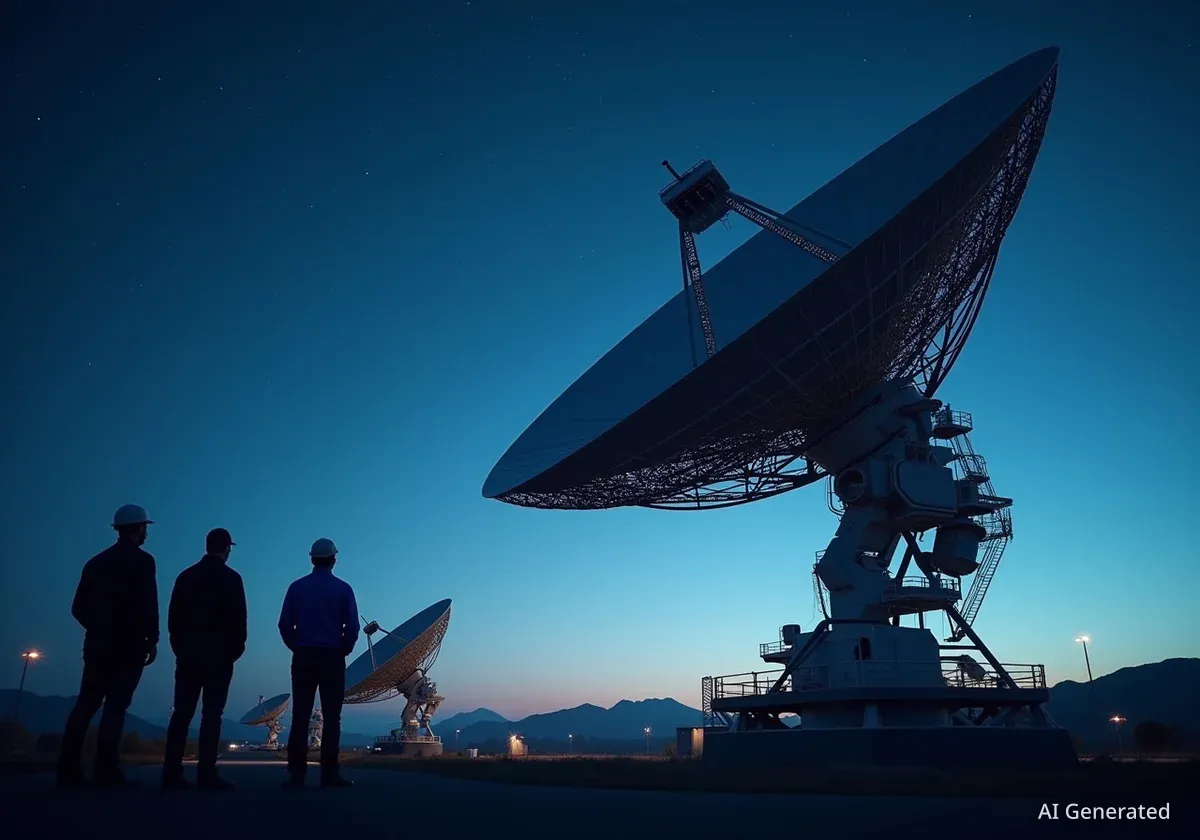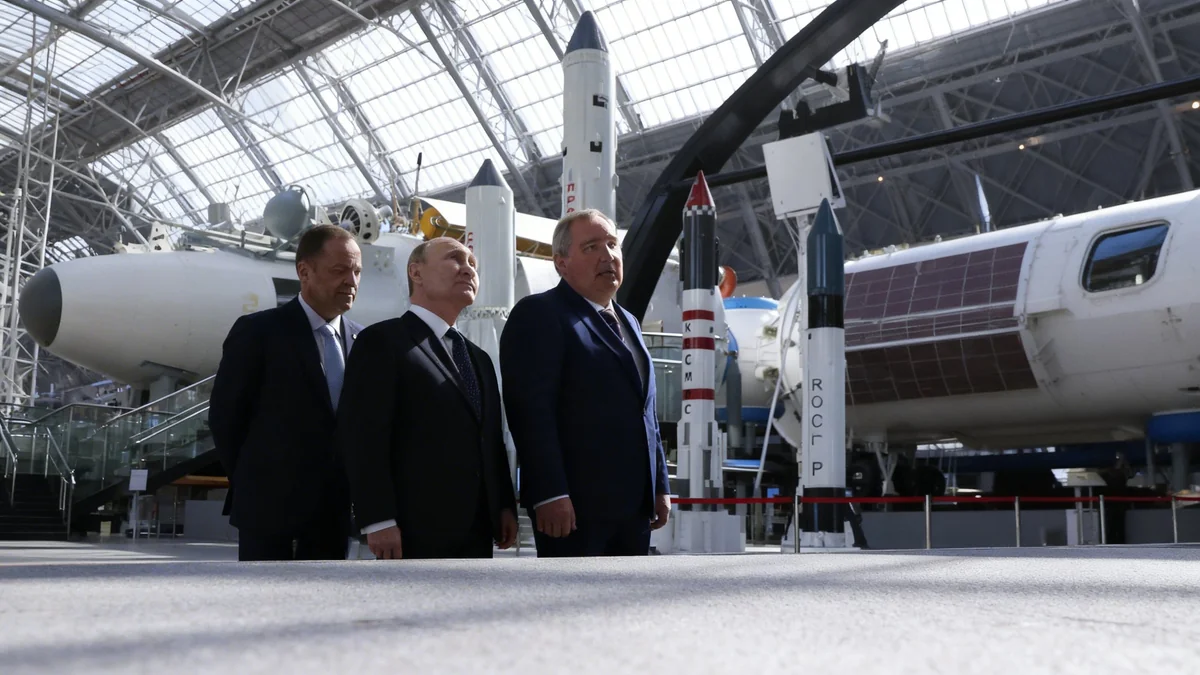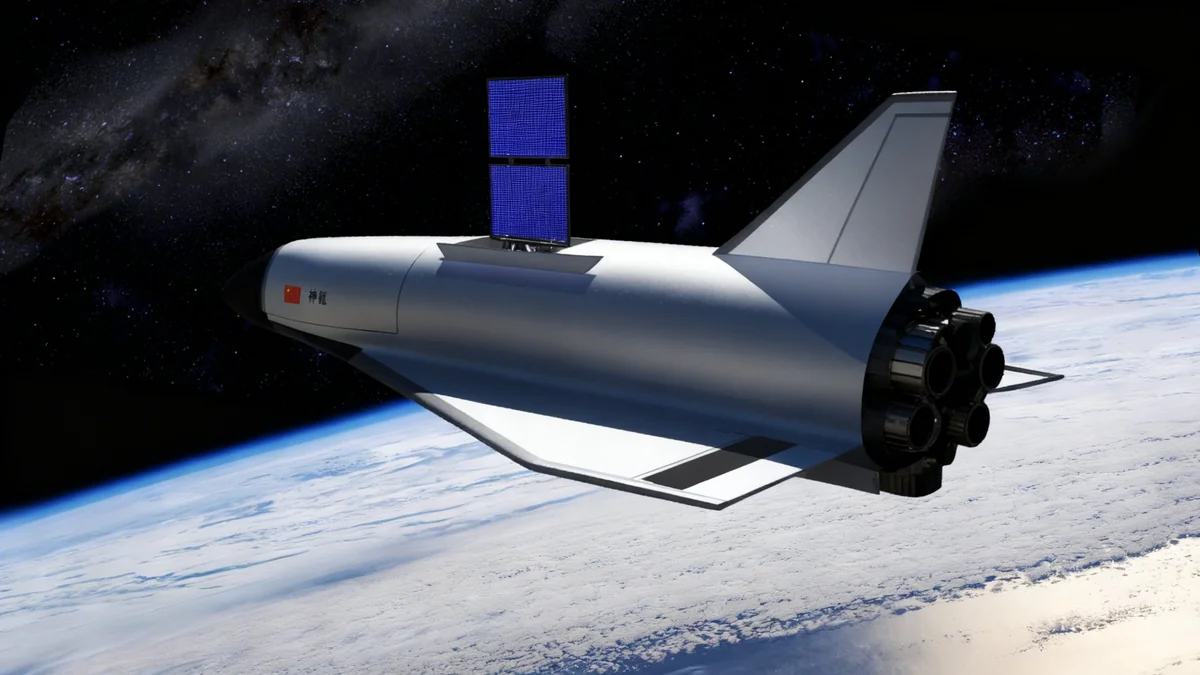Germany's defense ministry has announced a substantial investment of approximately 35 billion euros, equivalent to $41 billion, into space-based security programs over the next five years. This significant financial commitment aims to enhance the nation's capabilities in space, focusing on critical areas such as reconnaissance, early warning systems, and situational awareness in orbit.
The announcement, made by the German defense minister, signals a strategic shift towards prioritizing space as a crucial domain for national and international security. The funds will support the development of advanced satellite constellations and the establishment of a dedicated military space operations center, reflecting a growing global trend of integrating space assets into defense infrastructure.
Key Takeaways
- Germany plans to invest 35 billion euros ($41 billion) in space-based security over the next five years.
- Key focus areas include space situational awareness, military reconnaissance, and early warning systems.
- The investment includes plans for a new military space operations center to coordinate activities.
- The funding distribution between national, European Union (EU), and European Space Agency (ESA) initiatives remains to be detailed.
A Strategic Push into the Space Domain
The German government's decision to allocate such a large sum underscores the increasing importance of space for modern defense and security. As nations become more reliant on satellites for communication, navigation, and intelligence, the ability to protect these assets and monitor activities in orbit has become a top priority.
This five-year plan represents one of Germany's most significant investments in its space capabilities to date. It aligns with broader trends seen across NATO and the European Union, where member states are boosting their spending to address emerging threats in what is often called the 'fifth domain' of warfare, alongside land, sea,air, and cyberspace.
The Growing Importance of Space in Defense
For decades, space was dominated by the United States and Russia. However, in recent years, countries like China, India, and European nations have significantly expanded their space programs. Satellites are now essential for military operations, providing everything from GPS guidance for precision munitions to secure communication channels for troops on the ground.
Core Components of the Investment Plan
The 35-billion-euro budget is earmarked for several specific projects designed to build a comprehensive space security architecture for Germany. These initiatives are intended to work together to provide a complete picture of the space environment and give the German military (Bundeswehr) the tools it needs to operate effectively.
Developing Advanced Satellite Constellations
A major portion of the funding will go towards developing and deploying new satellite constellations. These groups of satellites will serve multiple functions, including reconnaissance and early warning. Reconnaissance satellites will provide high-resolution imagery and signals intelligence, enhancing Germany's ability to monitor global events independently.
Early warning satellites are designed to detect and track ballistic missile launches, providing crucial time to respond to potential threats. According to defense officials, this capability is vital for national and allied security, particularly within the NATO framework.
Enhancing Space Situational Awareness
Another critical area of investment is Space Situational Awareness (SSA). This involves tracking objects in orbit, from active satellites to space debris, to prevent collisions and monitor potentially hostile activities. A robust SSA system allows a country to protect its own space assets and understand the intentions of other actors in space.
There are currently over 35,000 pieces of debris larger than 10 cm being tracked in orbit. These objects travel at speeds up to 28,000 km/h (17,500 mph), making even small fragments a significant threat to operational satellites and crewed spacecraft.
Germany's investment will likely fund new ground-based radar systems, space-based sensors, and the data processing infrastructure needed to create a detailed map of near-Earth space.
A New Military Space Operations Center
To manage these new assets and coordinate activities, the plan includes the creation of a dedicated military space operations center. This command-and-control facility will serve as the nerve center for Germany's military space activities. It will be responsible for operating satellites, analyzing data from SSA sensors, and integrating space-based information into broader military planning.
This center will also facilitate cooperation with allies, including NATO partners and other European nations. It is expected to play a key role in joint operations and information sharing, such as the U.S.-led Operation Olympic Defender, which focuses on strengthening deterrence against hostile acts in space.
Funding and International Cooperation
While the total investment figure of 35 billion euros has been announced, details regarding the precise allocation of these funds remain unclear. A key question is how the funding will be split between purely national German projects and collaborative European initiatives.
"Ensuring the security of our assets in space is not just a national task, but a collective responsibility. Our investment will strengthen Germany's capabilities while contributing to the resilience of our partners in the EU and NATO."
Germany is a major contributor to both the European Union (EU) and the European Space Agency (ESA), both of which have their own space programs. It is likely that a portion of Germany's investment will flow into joint projects, such as the EU's planned satellite internet constellation or ESA's space safety programs.
The defense minister's announcement, made at an event hosted by the Federation of German Industries (BDI), highlights the dual civil-military nature of space technology. The investment is expected not only to enhance security but also to stimulate growth in Germany's high-tech industrial sector, creating jobs and fostering innovation in aerospace and related fields.
The Broader Geopolitical Context
Germany's increased focus on space security does not exist in a vacuum. It is a direct response to a changing geopolitical landscape where space is increasingly seen as a potential theater of conflict. Several nations have demonstrated anti-satellite (ASAT) weapon capabilities, and the development of technologies for jamming or disabling satellites is a growing concern.
By investing in its own sovereign capabilities, Germany aims to reduce its reliance on the assets of other nations, particularly the United States, and gain a more independent ability to assess threats and protect its interests. This move is consistent with the broader European goal of achieving "strategic autonomy," where the continent can act independently on key security and defense matters.
The five-year timeline for this investment suggests a sense of urgency. The plan aims to rapidly advance Germany's space infrastructure, ensuring it can keep pace with technological advancements and the evolving security environment. The successful implementation of these programs will position Germany as a leading European power in the space domain for years to come.





